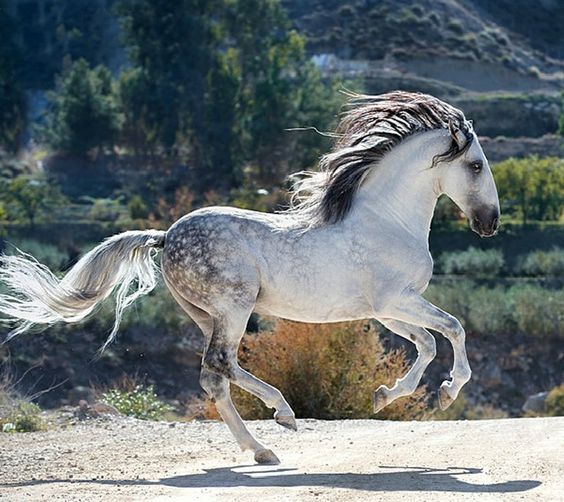
Andalusian Horses History and Origin
The Andalusian horse, sometimes referred to as the Pure Spanish Horse (PRE) or Pure Raza Espanola (PRE), is a breed of equine with a lengthy history and a clear Spanish ancestry. These horses are recognized for their grace, beauty, and adaptability, and they had a major influence on the creation of several other horse breeds.
The beginning and early history
The history of the Andalusian horses originates in the Iberian Peninsula, notably in the area now Spain. Their origins go back to the prehistoric era when the Iberian Peninsula was home to a number of indigenous tribes. These early horses eventually developed into what we now know as the Andalusian, influenced by North African and other European breeds.
One of the most critical periods in the breed’s development occurred during the time of the Roman Empire. The Romans recognized the excellence of Iberian horses and utilized them for various purposes, including cavalry and chariot racing. The Andalusian’s reputation as a noble and versatile breed began to take shape during this era.
Why to choose Andalusian Horses
For a number of reasons, selecting an Andalusian horse may be beneficial. These horses stand out from the competition thanks to their distinct traits, which make equestrians and horse lovers favor them. Andalusian are recognized for their magnificent beauty and elegance first and foremost. Their well-arched necks, expressive eyes, and unique, erect tail carriages give them a stunning appearance in general. They are favored in the show ring because of their classy and sophisticated appearance.
Furthermore, Andalusian horses exhibit remarkable adaptability, thriving in a diverse array of equestrian pursuits such as dressage, show jumping, eventing, and carriage driving. Their innate trainability and cooperative demeanor render them equally appealing to novice riders embarking on their equestrian journey as well as seasoned equestrians seeking a partner to master advanced disciplines. Notably, their gentle and composed temperament, often characterized by a strong affinity for humans and a desire to please, solidifies their reputation as superb companions and allies for riders at all skill levels.
Lastly, Andalusian horses have a rich historical significance that dates back centuries. Owning one of these horses allows you to connect with the past and appreciate their role in Spanish culture and equestrian traditions. They have been admired by royalty and nobility throughout history and continue to be a symbol of Spain’s equestrian heritage. In conclusion, Andalusian horses offer a winning combination of beauty, versatility, temperament, and historical significance that makes them an excellent choice for a wide range of riders and horse enthusiasts. Whether you’re a competitive rider, a recreational horse owner, or someone who simply appreciates the beauty of these magnificent animals, the Andalusian horse has much to offer.
Average life of Andalusian Horses
The average lifespan of Andalusian horses typically ranges between 25 to 30 years, although some individuals may live longer with proper care and attention to their health. Like all horses, the lifespan of an Andalusian can be influenced by various factors, including genetics, diet, exercise, veterinary care, and living conditions.
Good nutrition, regular exercise, routine veterinary check-ups, and a healthy living environment can contribute to a longer and healthier life for an Andalusian horse. These horses are known for their hardiness and robust health when well-cared for, and they often maintain their vitality well into their senior years.
Best diet and nutrition for Andalusian Horses
The well-being of Andalusian horses depends on providing them with the right nourishment. Start with a base of premium feed that is freely available, such as grass or legume hay. This offers vital minerals and fiber. Be careful not to overfeed, especially given Andalusian predisposition for rapid weight gain, even though some grains may be essential.
While maintaining a balanced diet, Andalusian who are active need protein. Keep an eye on their weight to avoid obesity, which can cause conditions like laminitis. Moreover, provide them with mineral supplements or special meals formulated to meet their specific dietary requirements.
Establish a consistent feeding schedule and consult an equine nutritionist or veterinarian for a personalized plan. Access to fresh water is paramount, and pasture turnout can be beneficial with attention to grass sugar levels. With proper care and a well-balanced diet, Andalusian horses can thrive and maintain their health and vitality.
Best Breeding Month for Andalusian Horses
The ideal breeding season for Andalusian horses commonly falls during the spring and early summer months, typically spanning from March to June in the Northern Hemisphere. This time frame aligns with the natural breeding season for horses, offering several advantages to horse breeders. Firstly, it capitalizes on the favorable environmental conditions of this season, characterized by milder temperatures and extended daylight hours, which reduce stress on pregnant mares and foster optimal conditions for foal development.
Moreover, the spring and early summer months also enhance the fertility of mares. The increasing daylight triggers hormonal changes that make mares more reproductively active, leading to higher conception rates. Additionally, this breeding season ensures that foals are born in the following spring, aligning their growth and development with the natural rhythms of the equine world. Foals born during this period tend to experience better early growth and adapt more seamlessly to weaning and training, all while enjoying the benefits of favorable weather conditions and ample forage availability.
Some Common Diseases in Andalusian Horses
Andalusian horses, like all breeds, can be susceptible to various common equine diseases. One notable condition is Equine Recurrent Uveitis, a painful eye inflammation that can lead to blindness. Another concern is Laminitis, a painful hoof condition often linked to diet and metabolic issues. Andalusian may also face Cushing’s disease, which can affect hormonal balance.
Colic, a gastrointestinal problem, is another concern. Navicular Syndrome affects the hooves and can lead to lameness. Vigilant care and regular veterinary check-ups are essential for managing these potential health issues in Andalusian horses.
Is the Andalusian Horse Right for You?
Deciding if the Andalusian horse is right for you hinges on your equestrian aspirations and commitment level. If you aim for elegance in classical disciplines or appreciate their grace, the Andalusian excels. Their adaptability caters to riders of various experience levels.
However, ownership demands dedication. Consider expenses, including feed, veterinary care, and stabling, as these horses live long lives. Assess your riding style; while Andalusian can adapt, other breeds may better suit Western riding. And, if you feel a connection to Spanish equestrian traditions, this breed aligns with your cultural affinity.
Uses of Andalusian Horses
Andalusian horses boast a rich history and versatile applications. Historically, they served as esteemed warhorses, renowned for their bravery and agility on the battlefield. They excelled in classical dressage, showcasing their grace and precision.
In modern times, Andalusian are cherished for their versatility, thriving in various equestrian disciplines. They excel in dressage, show jumping, everting, and driving. Their gentle nature makes them apt choices for therapeutic riding programs. Moreover, they continue to symbolize Spanish culture, gracing parades and exhibitions.
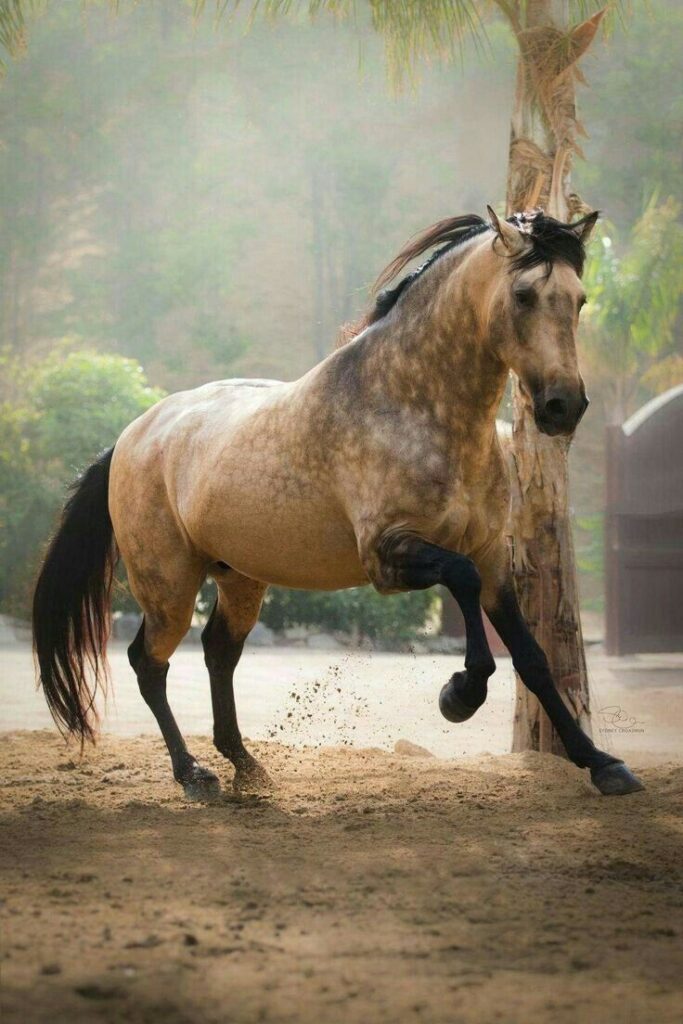
4 distinctive aspects of Andalusian Horses
- Exquisite Aesthetics: Andalusian horses captivate with their exquisite beauty, characterized by a refined appearance and an unmistakable aura.
- Versatile Mastery: They effortlessly conquer a diverse spectrum of equestrian pursuits, from the art of dressage to the precision of show jumping, showcasing their remarkable adaptability.
- Tranquil Disposition: Celebrated for their serene and cooperative temperament, Andalusian are often celebrated for their affable nature and ease of training.
- Rich Heritage: With a storied legacy spanning centuries, these horses are integral to Spanish culture and equestrian traditions, embodying a rich historical significance.
Some tips to keep Andalusian Horses
For the best care of Andalusian horses, make sure they have access to clean water, balanced feed, and high-quality forage. For their well-being, regular physical activity and mental stimulation are essential.
Maintain regular dental and veterinary checkups. Keep them protected from the elements in a clean, safe environment. Your relationship with these gregarious horses is strengthened via social engagement and grooming.
Consider frequent massages or chiropractic adjustments to maintain their hooves in top shape as well as paying attention to them since they can require particular treatment. Your Andalusian companion will be happy and healthy if you take a compassionate attitude to their care.
What is an Andalusian horse best for?
Andalusian horses are best known for their excellence in classical dressage, where their elegance, grace, and trainable nature shine. They also excel in various other equestrian disciplines, including show jumping, eventing, driving, and even Western riding with proper training. Their versatility makes them suitable for both competitive and recreational riders. Additionally, their gentle temperament and people-oriented nature make them excellent choices for therapeutic riding programs and as beloved companions for riders of all levels. Whether you’re seeking a horse for the show ring, leisure riding, or simply appreciating their beauty and history, the Andalusian horse is a remarkable choice.
How many Andalusian horses are left in the world?
Andalusian horses were meticulously bred, and only in 1962 were they exported to other nations. The Andalusian is now often referred to as the Pure Spanish Breed or Pure Raza Espanola. There are said to be 60,000 purebred Andalusians worldwide and 16,000 in the US as of right now.
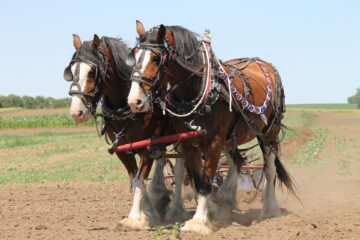
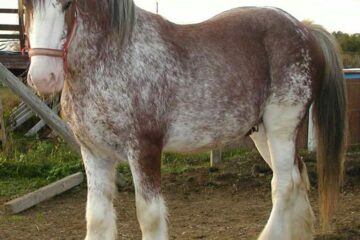
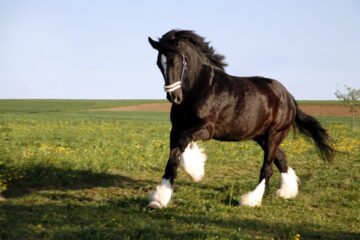
0 Comments